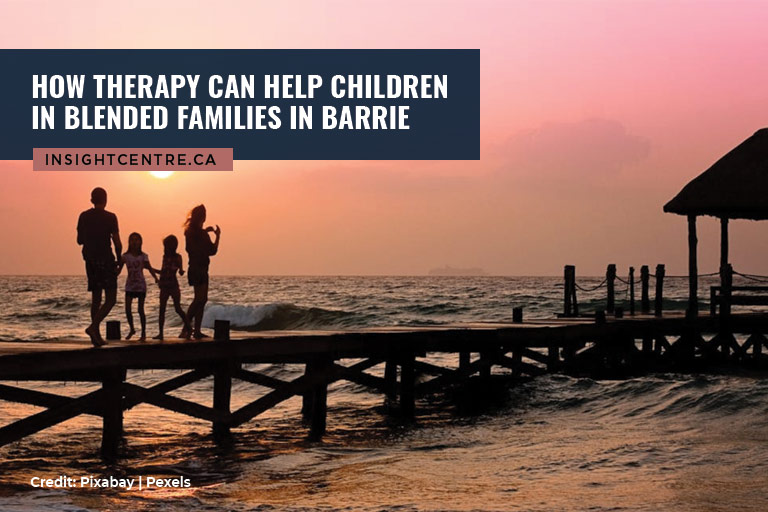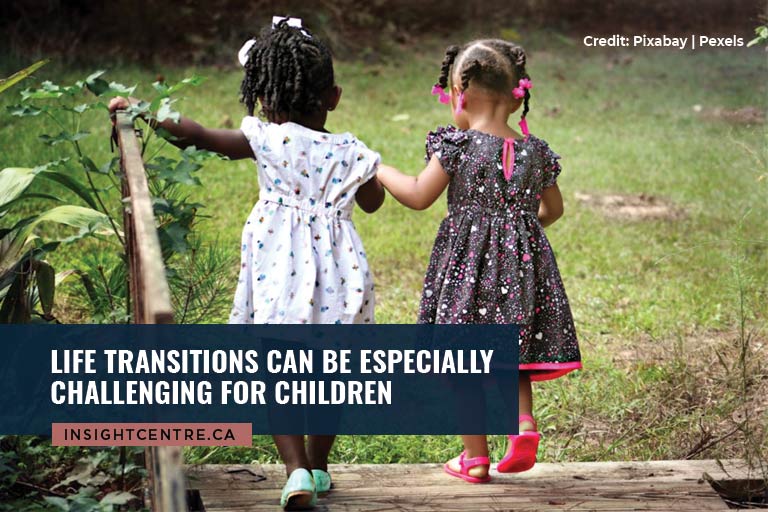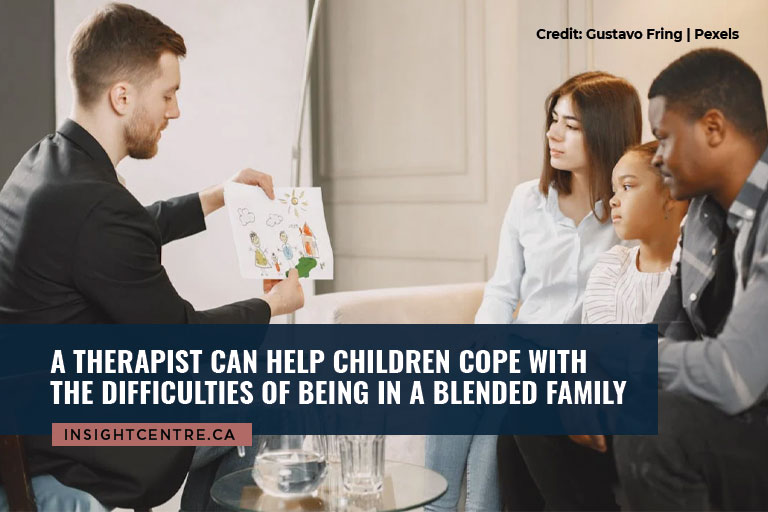

Adjusting to a new family dynamic can be challenging for children, whether they’re toddlers or teenagers. Here are some of the common hurdles they might face:
The breakdown of a previous family structure can be a significant loss for children. They may grieve the loss of daily routines, traditions, or close relationships with biological parents who are no longer living in the same household. This grief can manifest as sadness, anger, or withdrawal.
Children may feel torn between their biological parents and their stepparents. They might worry that showing affection to a stepparent betrays their love for their biological parent, leading to confusion and guilt. Therapists can help children develop healthy ways to work through these feelings and understand that love for multiple family members can coexist.
Suddenly sharing space and attention with new siblings can be a recipe for conflict. Children may experience jealousy, competition for resources, or difficulty establishing boundaries. Therapists can help foster communication and cooperation, creating a foundation for positive sibling relationships.
Merging two households means merging two sets of rules and expectations. This can be confusing and frustrating for children, especially if the parenting styles of their biological parents and stepparents differ significantly. Therapists can help families establish clear and consistent rules that work for everyone, providing children with a sense of stability.
Children may feel like outsiders in their own homes, especially if they haven’t had much say in the changes or haven’t had enough time to adjust. This can lead to feelings of isolation and loneliness. Therapists can create a safe space for children to express these feelings and work on fostering a sense of belonging within the new family unit.
Blended families can sometimes create confusion around identity for children. They might struggle to understand how their place in the family fits in with their existing family history or cultural background. Therapists can help children discover their identities and celebrate the unique aspects of their new family.
The stress of family transitions can negatively impact children’s academic performance. They may struggle to concentrate, experience changes in sleep patterns, or withdraw from school activities. Therapists can help children develop coping mechanisms to manage stress and maintain focus on schoolwork.
Difficulty adjusting can manifest in behavioural problems like withdrawal, aggression, or tantrums. These behaviours might be a child’s way of expressing their underlying emotional struggles. Therapists can help children develop healthy ways to express their needs and emotions.
The uncertainty and challenges of blending families can contribute to feelings of anxiety and depression in children. Therapists can provide tools and strategies for managing negative emotions and building emotional resilience.
Children in stepfamilies may feel pressured to conform to new family dynamics or expectations to be accepted. This can lead to a loss of individuality and a sense of inauthenticity. Therapists can help children maintain a healthy sense of self within the family structure.

Therapy provides a safe and supportive space for children to express their feelings openly and honestly. A therapist can help them:
Therapists can create a space for children to acknowledge and express their feelings about the changes in their family structure.
Children can learn healthy ways to deal with difficult emotions like anger, sadness, and frustration.
Therapists can teach children how to communicate their needs and feelings effectively to all family members.
Therapy can help children develop a positive sense of self despite the changes in their family dynamics.
Therapists can facilitate open communication and conflict resolution between children and step-siblings.
Therapists can help families establish clear and consistent rules that work for everyone.
Therapy isn’t just for children. Couples counselling can be immensely beneficial for parents in blended families. It can help them:
Couples therapy can teach parents how to communicate effectively with each other, especially regarding parenting styles and discipline.
Therapists can help couples develop conflict resolution skills to handle disagreements in a healthy and productive way.
Couples counselling can help parents define their roles and responsibilities within the new family structure.
If you’re looking for a therapist to support your family, contact Insight Centre Counselling & Psychotherapy. Our team of experienced therapists works with families and can help you face the challenges and celebrate the joys of your blended family.
Call us today at +1 647-633-1928 to book an appointment for family therapy.
Copyright 2025 Insight Centre | All Rights Reserved | Sitemap | Powered by: Local SEO Search Inc.